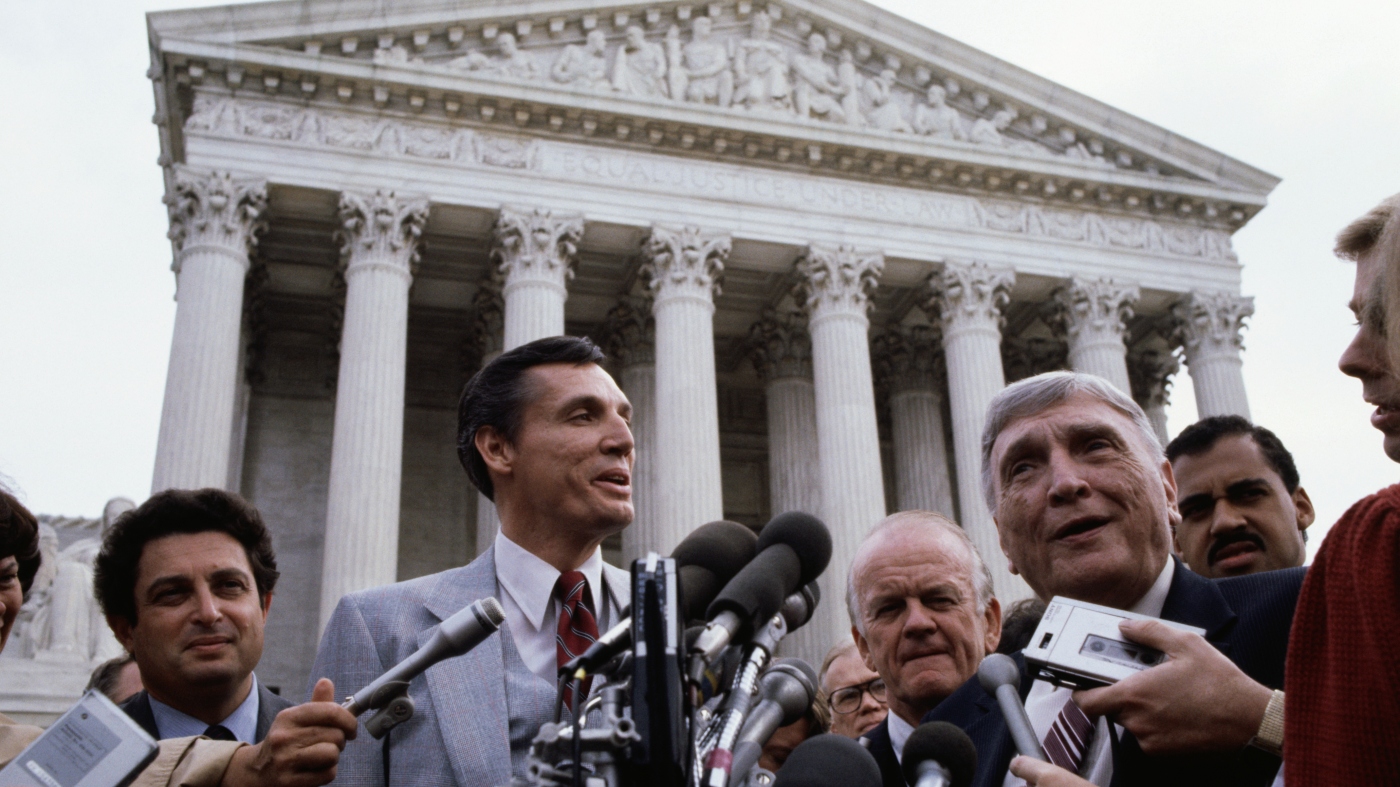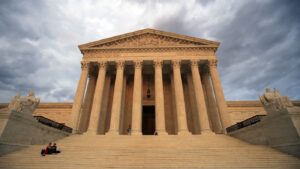Trump Considers Revoking Harvard’s Tax-Exempt Status: Legal Experts Weigh In
In a move that could have significant financial implications, former President Donald Trump has floated the idea of stripping Harvard University of its tax-exempt status. This suggestion comes amid a broader debate over the role of federal funding for educational institutions.
In a recent post on Truth Social, Trump stated, “Remember, Tax Exempt Status is totally contingent on acting in the PUBLIC INTEREST!” He further indicated that if Harvard continues with what he called “political, ideological, and terrorist inspired/supporting ‘Sickness,'” it should be treated as a political entity for tax purposes.
This declaration follows the administration’s ongoing contention with several universities, including Harvard, over their alleged failure to adequately protect Jewish students from discrimination. Recently, the administration issued a list of demands to Harvard, urging changes in hiring and admissions policies and the removal of diversity, equity, and inclusion programs.
Harvard’s refusal to comply with these demands led to a suspension of more than $2.2 billion in federal funding. Moreover, the Department of Homeland Security has warned Harvard about potential revocation of its eligibility to host international students unless it submits specific disciplinary records by the end of April.
Potential Legal Precedent: Bob Jones University Case
Historically, the federal government has granted tax-exempt status to universities due to their educational purpose and service to the public. However, this status was once revoked for Bob Jones University in 1976 over racial discrimination policies, a decision upheld by the Supreme Court in a landmark 1983 ruling.
Yale University tax law professor Michael Graetz notes that this case might serve as a precedent if Harvard’s tax status is challenged. He states, “Since 1913, the modern income tax has been in place and Harvard has been tax exempt for all of that time. And no one has seriously questioned [their] tax exemption until now.”
Harvard spokesperson Jason Newton emphasized, “There is no legal basis to rescind Harvard’s tax-exempt status,” cautioning that such an action would severely impact the university’s educational mission.
Challenges and Historical Context
Legal scholars, including Duke University’s Larry Zelenak, argue that applying the Bob Jones precedent to Harvard is problematic. While Bob Jones University had explicit policies of racial discrimination, Harvard does not have any such policies against Jewish students, making the comparison tenuous.
Columbia University law professor Olatunde Johnson highlights the lengthy process involved in the Bob Jones case, suggesting that any similar action against Harvard would require thorough legal proceedings to establish facts.
Political Implications and IRS Independence
The potential revocation of Harvard’s tax-exempt status brings to light past instances where presidents attempted to use the IRS for political ends. Congress has since enacted measures to ensure the IRS remains independent and free from political influence.
Graetz warns that acting on Trump’s suggestion would be “an extraordinary intrusion into the role of the IRS,” and experts believe Harvard would mount a strong defense if faced with such a challenge. As Zelenak notes, any revocation would not be effective unless upheld by the courts, which he finds unlikely.





